At Innovety, we equip organizations with the strategies, tools, and capabilities to lead, not follow.
We map entire ecosystems to give governments a clear view of where to grow and how to attract investment. We redesign business models and innovation processes that enable corporates to launch scalable offerings and generate sustainable revenue. For nonprofits, we develop financial sustainability plans that expand impact well beyond donor funding.
This isn’t abstract strategy. It’s about delivering measurable outcomes:
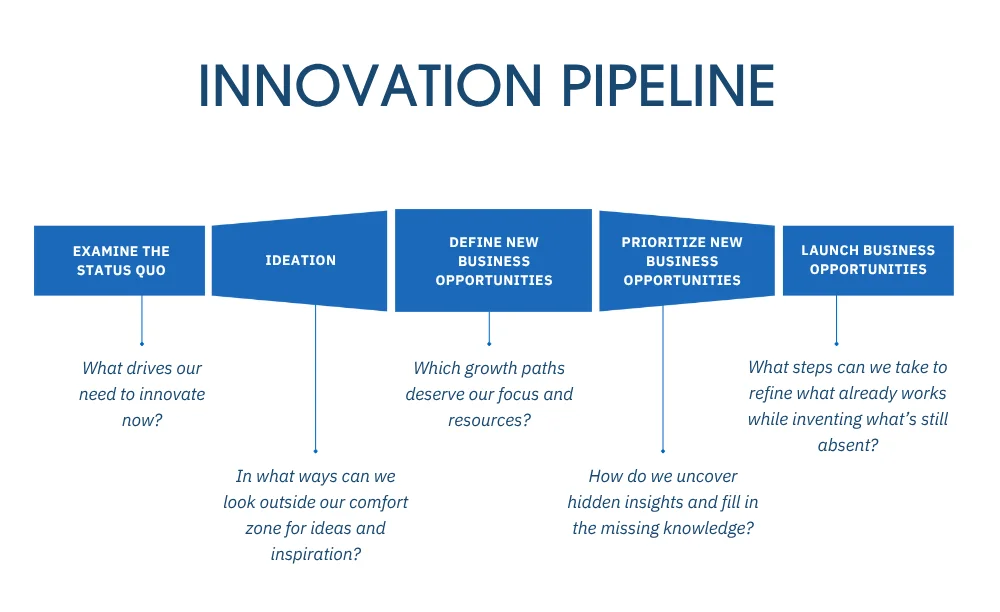
Innovation strategy consulting helps organizations develop and implement systematic approaches to innovation that drive growth, competitive advantage, and long-term success.
We track metrics like revenue from new offerings, time-to-market improvements, innovation project success rates, and competitive positioning gains, among many more.
Our methodology combines ecosystem mapping, business model redesign, and capability building with proven innovation frameworks and measurable outcomes.
Turning Challenges into Opportunities for Growth.

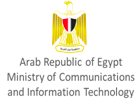
To position Egypt as a global innovation leader, MCIT aimed to develop a national innovation strategy for the ICT sector. Leveraging digital readiness and past successes, the goal was to create a framework to stimulate innovation, support entrepreneurship, and promote IP creation across the ICT landscape.
We conducted a national innovation assessment using research, SWOT analysis, and global benchmarking. Based on these insights, we co-developed a five-pillar strategy and 10-year roadmap, including innovation audits, IP exchange mechanisms, SME support schemes, and an operational model for TIEC.
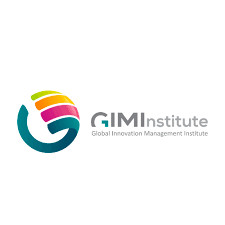
Commissioned by GIMI, this project aimed to map Egypt’s innovation ecosystem, providing a clear picture of its key players, institutional frameworks, and growth barriers. The objective was to generate actionable insights that foster collaboration among government, academia, and the private sector, while identifying opportunities for international partnerships and investment.
Innovety conducted an in-depth mapping exercise combining surveys, interviews, and roundtables with government entities, research institutions, accelerators, and private-sector leaders. This was paired with gap analysis and benchmarking against global innovation ecosystems, enabling us to identify collaboration opportunities and provide strategic recommendations for ecosystem strengthening.

Supporting the Ministry of Trade, Industry, and Small and Medium Enterprises (MTISME), this project aimed to map Egypt’s business innovation and technology commercialization ecosystem and design a National Industrial Innovation Strategy. The strategy sought to address ecosystem gaps, enhance local manufacturing, and drive sustainable industrial growth aligned with Egypt’s Vision 2030.
Conducted a comprehensive survey of 150 ecosystem players, combining qualitative and quantitative research to map key actors, assess gaps, and define opportunities. Insights were translated into a strategic framework structured around six pillars of industrial innovation, with actionable policy recommendations developed through close stakeholder engagement.

The Ministry of Trade and Industry sought to transform Egypt’s industrial innovation. The Industrial Innovation Action Plan aimed to create a collaborative peer‑partnership approach between industry and academia. The goal was to develop a framework with actionable steps to enhance industrial innovation and technology transfer in Egypt.
Mapped Egypt’s innovation and technology transfer ecosystem, engaging ministries, industry, and academia through consultations, study tours, and taskforce workshops. Insights shaped a prioritized industrial innovation strategy ready for immediate implementation.
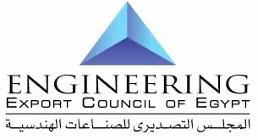
To help achieve its USD 5 billion export target, the Engineering Export Council of Egypt (EEEC) aimed to boost the global visibility of its 250 members. The goal was to develop a comprehensive member database and an interactive virtual exhibition, enabling international buyers to easily discover and connect with Egyptian engineering companies.
Collected detailed company data through field visits, interviews, and surveys, creating a searchable database by type, products, and export capabilities. Designed and launched a 3D virtual exhibition to showcase products interactively, while establishing a scalable system for ongoing updates and future growth.
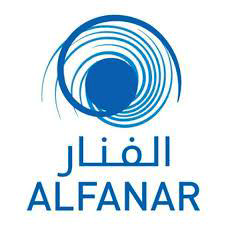
Funded by Alfanar and sponsored by SODIC, this project aimed to map Egypt’s education ecosystem to identify social enterprises improving children’s education in underserved communities. The goal was to inform Alfanar’s investment decisions by rating organizations on impact, sustainability, and efficiency.
Innovety conducted a desk review, stakeholder interviews, and surveys across multiple governorates. Using both digital and offline channels, the team gathered data and applied Alfanar’s criteria to analyze and categorize education-focused social enterprises.